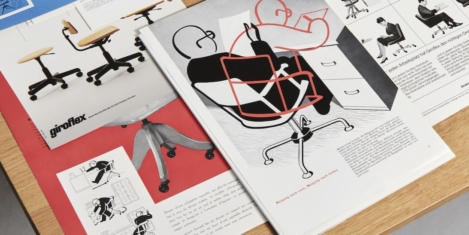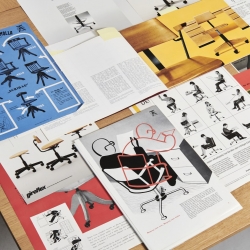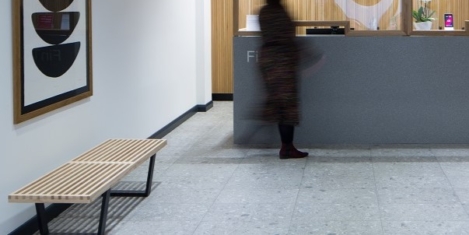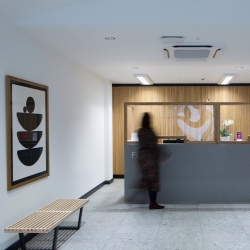To provide the best experiences, we use technologies like cookies to store and/or access device information. Consenting to these technologies will allow us to process data such as browsing behaviour or unique IDs on this site. Not consenting or withdrawing consent, may adversely affect certain features and functions.
The technical storage or access is strictly necessary for the legitimate purpose of enabling the use of a specific service explicitly requested by the subscriber or user, or for the sole purpose of carrying out the transmission of a communication over an electronic communications network.
The technical storage or access is necessary for the legitimate purpose of storing preferences that are not requested by the subscriber or user.
The technical storage or access that is used exclusively for statistical purposes.
The technical storage or access that is used exclusively for anonymous statistical purposes. Without a subpoena, voluntary compliance on the part of your Internet Service Provider, or additional records from a third party, information stored or retrieved for this purpose alone cannot usually be used to identify you.
The technical storage or access is required to create user profiles to send advertising, or to track the user on a website or across several websites for similar marketing purposes.
 Material Matters 2022 is a new fixture on the London design calendar. Based on the critically acclaimed podcast of the same name, the event will see its inaugural edition take place during this year’s London Design Festival, from 22-25 September on the capital’s Southbank. The event, which is part of the Bankside Design District, promises to bring together over 40 world-leading brands, designers, makers and organisations to celebrate the importance of materials and their ability to shape our lives. (more…)
Material Matters 2022 is a new fixture on the London design calendar. Based on the critically acclaimed podcast of the same name, the event will see its inaugural edition take place during this year’s London Design Festival, from 22-25 September on the capital’s Southbank. The event, which is part of the Bankside Design District, promises to bring together over 40 world-leading brands, designers, makers and organisations to celebrate the importance of materials and their ability to shape our lives. (more…)




































August 5, 2022
The four day week might be the wellbeing solution workers need
by Mark Hall • Comment, Flexible working, Wellbeing